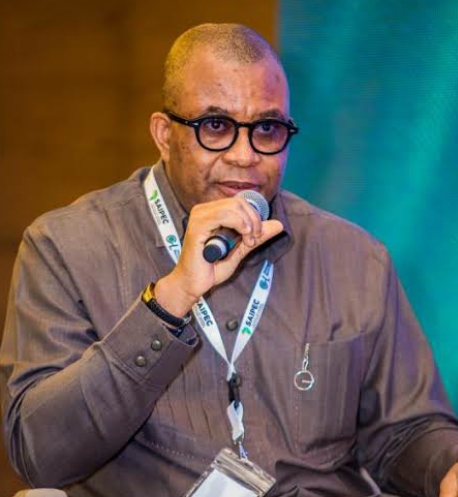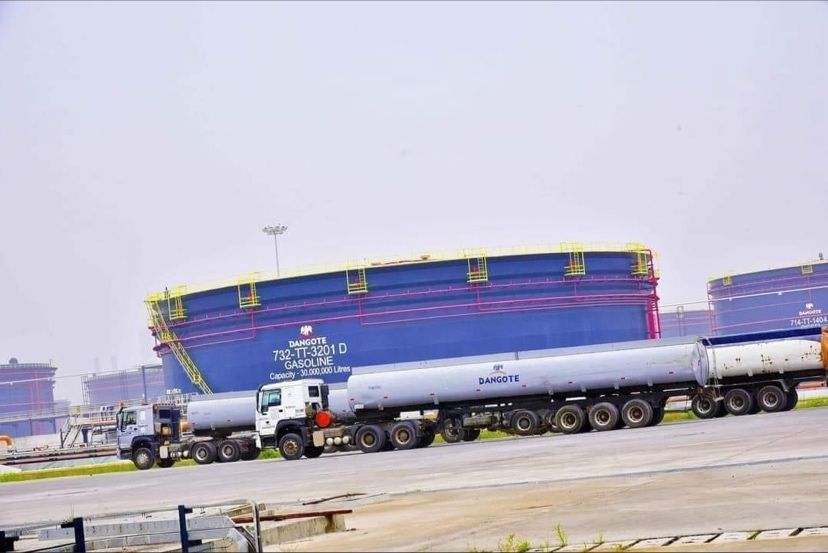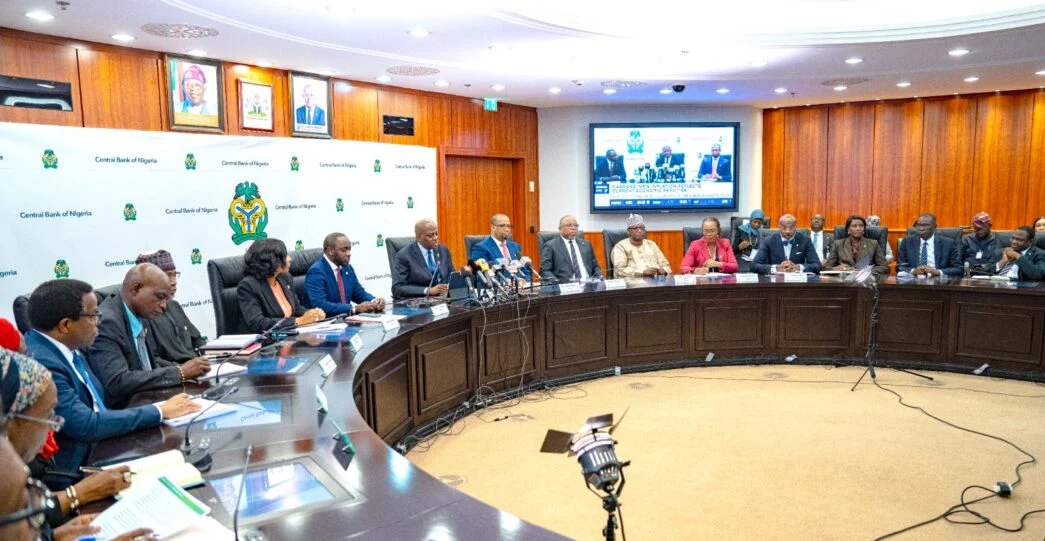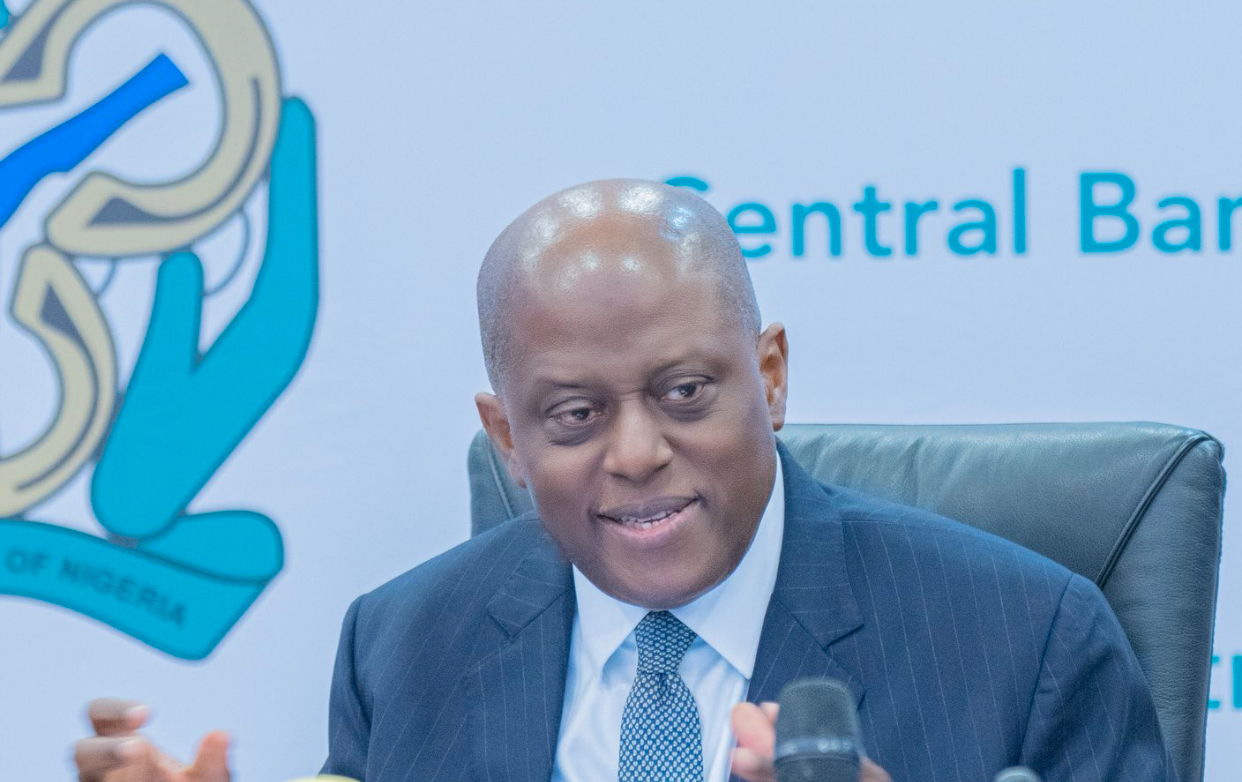Africa’s oil producing countries can develop their technological capacities by learning from Nigeria if regional integration is embraced as a survival strategy post COVID-19, the Nigerian Content Development and Monitoring Board (NCDMB) has said.
The Director of Monitoring and Evaluation of the board, Mr Tunde Adelana said at a Webinar with the theme, “Optimising Local Content through Regional Integration In a Post COVID-19 Africa.”
He said local content in the Nigerian oil and gas industry was not about indigenization, but domiciliation and domestication of skills, adding that indigenous companies have since built capacities on the back of the policy.
Adelana noted that Africa as a rich continent with a lot of mineral resources, research should be encouraged on the continent to develop them.
“Africa is a very rich continent and we have a lot of mineral resources everywhere. We need to look back and do some more research into our local resources, to see how they can be utilized to support, not just the oil and gas sector, but the entire economy at large.
“Nigeria has abundant skills. We have abundant capabilities and competencies, given the length of time we have been in this industry (60 years). Our achievements speak for themselves. And for the rest of Africa, there is a lot you can learn from Nigerians,” NCDMB Director said at the webinar hosted by Majorwaves Energy Report.
He explained: “Our principle is local content and it is not about indigenization. It is about domiciliation and domestication. It means, bring it to us and do it here, our people will learn from it and become experts in that field.
“R&D is the bedrock of any development. We need to continue to evolve, to create values. R&D is very key on this and I think this is one of the opportunities that Africa as a continent needs to take on, post Covid-19. ’’
Dr. N.J Ayuk, a legal expert on structuring, local content, documentation and negotiation of oil, gas and petrochemical transactions, advised Nigerian oil and gas services firms to take advantage of opportunities in Equatorial Guinea, Mozambique and other Africa countries post COVID-19.
Harping on the importance of regional integration in post COVID-19 Africa, he said the African Continental Free Trade Agreement (AfCFTA) has a pivotal role to play but bemoaned the difficulty it will face if the local content laws of participating countries were not harmonised.
“Nigeria for example, has competent oil services firms but finds it difficult operating in fellow African countries because of local content laws” he said, while urging Nigeria to lead the campaign for a regional content law.
Ayuk, who is the Executive Chairman, African Energy Chamber, said in the last two years there had not been any major project in Africa and called on Africa oil producers to make their fiscals competitive to attract big projects.
He lauded the Nigerian Liquefied Natural Gas (NLNG) of the Nigerian National Petroleum Corporation, describing it as one of the most successful LNG in the world.
‘’Africans, Stand up! Be conquerors and go to these places where you never thought you will go; set up service companies and compete internationally!
“We need to get off our high horses as Africans and start competing. Africa, we need to be honest with ourselves: it is a time to go bold.
“There is no reason why we cannot use this Covid-19 moment to leap frog into the future and break bounds,’’ he said.
On her part, the Director of Technical Support Services, Petroleum Authority of Uganda, Peninah Aheebwa said national content in the Ugandan oil industry was about value creation and retention in-country.
She said: “For us, National Content means in-country value creation and retention, whilst ensuring competitiveness, efficiency and effectiveness.
“We have opportunities for Joint Venture with UNOC. This is available for African operators to seize.
“While FID was delayed in Uganda, we used the opportunity to build some level of capacities which can be deployed in Mozambique and South Sudan; discussions have begun in this regard.
“Our National Supplier Database is open to everyone for registration, whether nationals of Uganda or not.”
Lending his voice to the discussion, Head, Oil and Gas Southern Africa, Standard Bank Group, Paul Eardley Taylor, said that there is existence of local content escalator for all projects in Mozambique.
He said: “Local content escalator exists for all projects in Mozambique, as subsequent plans for development have increasing provisions negotiated projects compared to earlier ones.
“A Mozambican company is one that is set up in Mozambique and pays tax in Mozambique; it does not have to be owned by a citizen. We’re excited about the opportunities there for other African countries.”
On the local content opportunities in the country, he said the opportunities for local content in Mozambique’s LNG is estimated at 5billion US Dollars over the next four to five years.
On the future of oil and gas companies in the country post COVID-19, he said:“The next phase for a lot of the local companies is equity funded joint ventures, and over time they will become the established local corporates in Mozambique which have the skills and the track records of the companies in Nigeria.”























Leave a comment